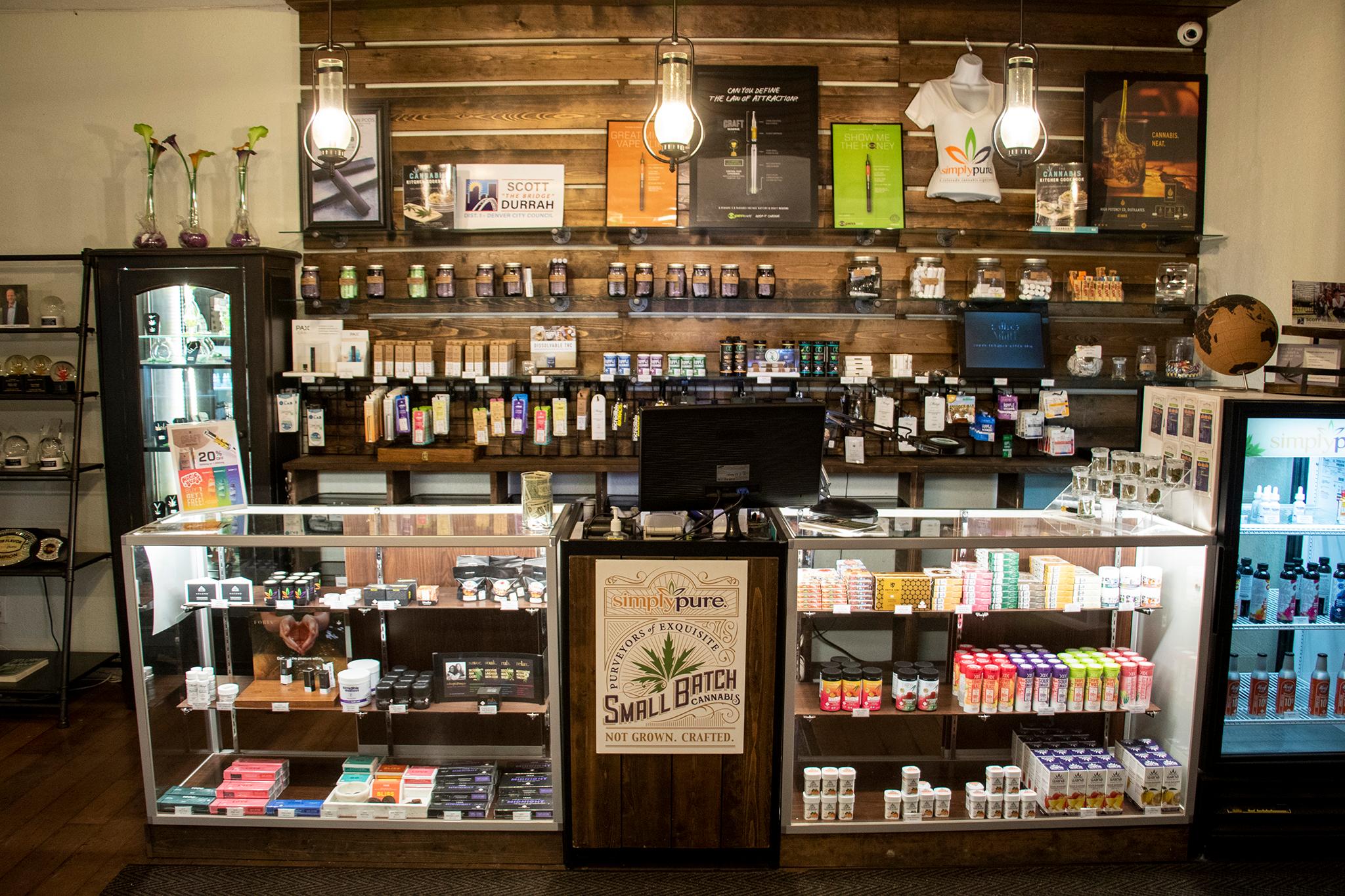A study released Wednesday in the Justice Evaluation Journal links an increase in nonviolent crime in Denver with the legalization of marijuana.
The study looked at crime rates from 2011 to 2016 on 187 blocks where dispensaries opened following legalization. Blocks with recreational dispensaries saw an 18 percent increase in property crime when compared to areas without any. Property crime includes offenses like theft, burglary and car break-ins.
While the rate of violent and drug-related crimes rose near dispensaries, they rose elsewhere, too.
Two different studies released earlier this year both focused on Denver crime statistics down to the neighborhood level. One study from the University of Colorado found that neighborhoods with more dispensaries had a more significant increase in crime. Another study, from researchers with the Federal Reserve Bank of Philadelphia, showed that crime decreased in neighborhoods with dispensaries.
The new study is the first to look at the effect of dispensaries on crime in Denver down to the block level.
"Prior research shows that crime has a very concentrated effect," said Nathan Connealy, one of the report's authors, noting that crime tends to occur in specific pockets and even at specific intersections. "This speaks a little bit more to what we were studying, which is the effect of the dispensary on crime."
The reasons behind the crime increase are harder to parse out because the data used for the study only includes the location and type of crime. Still, the researchers have some theories. One possibility for the uptick is that the businesses themselves are targeted.
"Many of the crimes that increased were things like burglaries," Connealy said. "These might be more likely to occur within the dispensaries themselves. It may be very specific to the dispensaries."
Two other possible theories come from studies that look at rising crime around bars and liquor stores. One theory is that more crimes are committed around near them because more people in the area are intoxicated. Another is that bars attract more people to the area and create more opportunities for crimes.
"It seems to me if we were to pick one of the two related to dispensaries that the environmental and situational opportunity explanation holds," said Eric Piza, another author on the study.
The study also included an analysis comparing the cost of the increase in crime with the revenue from marijuana sales. The analysis found that for every dollar spent by police, victims and the justice department on increased crime, marijuana dispensaries brought in $309 more in revenue. Tax revenue alone was $13 for every $1 spent on an increase in crime.













